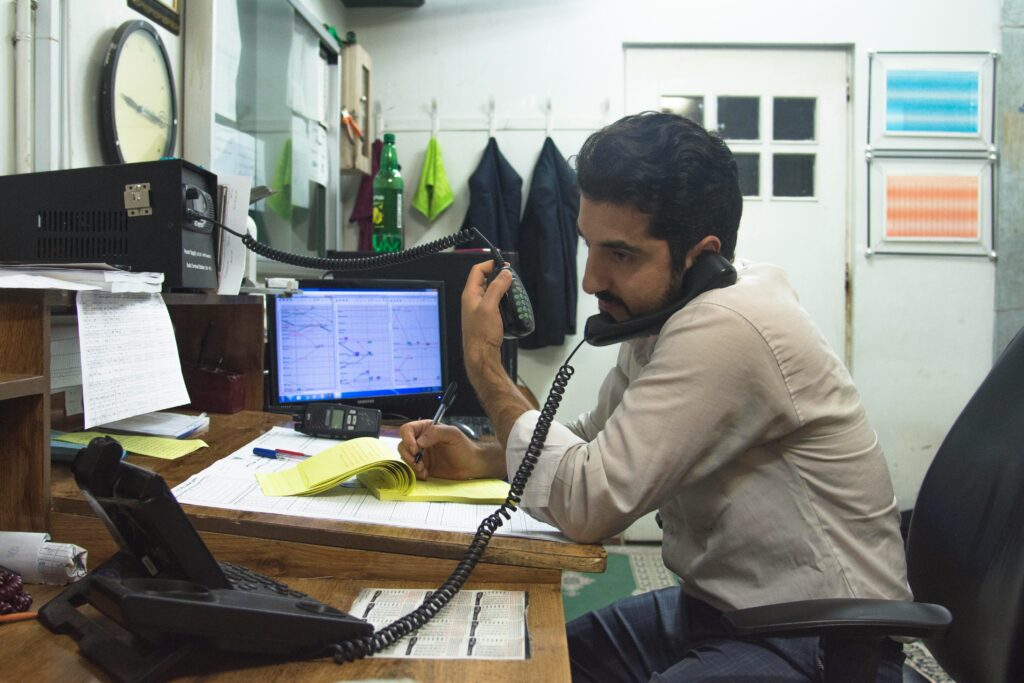
Introduction
The dream of remote work is real: no traffic jams, no strict 9-to-5 cubicle life, and the freedom to design your own day. For freelancers in Pakistan and remote professionals worldwide, the remote lifestyle has opened doors to global opportunities. You can also explore the best remote work tools in 2025 to work smarter from anywhere.”
But with that freedom comes a challenge: staying productive.
Distractions at home, irregular schedules, and the blurred line between personal and professional life can reduce efficiency. That’s why high-performing remote workers follow proven daily productivity tips to stay on top of their game.
In this guide, you’ll learn 7 powerful daily habits and practical strategies you can adopt to maximize productivity, maintain focus, and achieve a healthier work-life balance.
1. The Power of the "Fake Commute" (Mindset Ritual)
The Habit: Start and end your workday with a short ritual that mimics a commute.
Why It Works: Remote workers miss the mental shift that a traditional commute creates. Without a boundary, work stress can bleed into personal life.
How to Implement It:
Morning “commute”: take a 10-minute walk, listen to a podcast, or journal.
Evening “commute”: tidy up your desk, change clothes, or do light stretching.
👉 Pro Tip: Make these rituals consistent. Repetition signals your brain when to “switch on” and “switch off” from work mode.
[Read more: Link to your article on Work-Life Balance]

2. Time-Blocking: Your Daily Game Plan
The Habit: Use a calendar to schedule your day into blocks for deep work, admin tasks, meetings, and breaks.
Why It Works: Time-blocking prevents distractions like social media or household chores from stealing your focus.
How to Implement It:
Identify 2–3 Most Important Tasks (MITs) daily.
Color-code your calendar (red = deep work, green = breaks).
Use apps like Google Calendar, Todoist, or Notion.
Time-blocking is a powerful habit that brings structure to your day. By allocating specific hours for focused work, meetings, and breaks, you can avoid distractions and significantly boost productivity. This method not only makes tasks more manageable but also helps maintain a healthy work-life balance.
👉 Learn more in our detailed guide: The Ultimate Guide to Time Management for Remote Workers
3. The "Deep Work" Sanctuary
The Habit: Dedicate a 90–120 minute uninterrupted block for your hardest task.
Why It Works: According to Cal Newport, “Deep Work” is when knowledge workers produce their highest value output. Constant notifications can waste 40% of your productive energy.
How to Implement It:
Block 9–11 AM for deep work.
Turn on Do Not Disturb mode.
Use site blockers like Cold Turkey or Freedom.
Tell your team when you’ll be offline.
👉 Even students and part-time freelancers in Pakistan can benefit by treating deep work hours as “client project time.”
4. Masterful Communication & Over-Communication
The Habit: Share progress, updates, and blockers proactively.
Why It Works: Silence in remote teams often creates mistrust. High performers over-communicate to stay aligned.
How to Implement It:
Daily check-in: “My focus today is X, Y, Z.”
Document answers in shared channels instead of private chats.
Use [URGENT], [REVIEW], or [FYI] in subject lines.
Prefer video calls for important discussions.
👉 Pakistani freelancers working on platforms like Upwork or Fiverr should regularly update clients, even with short notes like: “I’ve completed 50% of the task and will deliver the draft tomorrow.”
5. The Intentional Break (No Guilt Allowed)
The Habit: Take breaks every 60–90 minutes.
Why It Works: Brains can’t focus for 8 hours straight. Short breaks improve creativity, reduce burnout, and refresh energy.
The Habit: Take breaks every 60–90 minutes.
Why It Works: Brains can’t focus for 8 hours straight. Short breaks improve creativity, reduce burnout, and refresh energy.
How to Implement It:
Pomodoro Technique (25 min work + 5 min break).⁶
Stretch, hydrate, or take a quick walk.
Avoid scrolling on TikTok or Instagram during breaks.
👉 Many remote workers in Pakistan feel guilty about breaks, but remember: breaks are a part of productivity, not a waste of time.
Pomodoro Technique (25 min work + 5 min break).
Stretch, hydrate, or take a quick walk.
Avoid scrolling on TikTok or Instagram during break
6. Curate Your Workspace for "Flow"
The Habit: Design your physical workspace to minimize distractions.
Why It Works: Environment shapes behavior. A messy desk creates mental clutter.
How to Implement It:
Use a dedicated corner/room for work.
Invest in a comfortable chair and lighting.
Add plants for stress relief.
Keep your desk clutter-free.
👉 Even if you live in a small apartment in Karachi or Lahore, a clean desk + good lighting can massively improve productivity.
7. The Shutdown Ritual & Hard Stop
The Habit: End your workday with a shutdown ritual.
Why It Works: Without boundaries, remote work feels like an “always-on” treadmill. A shutdown routine provides closure and prevents burnout.
How to Implement It:
1. Review the day’s progress.
2. Write down 2–3 tasks for tomorrow.
3. Close all work apps.
4. Say: “My workday is complete.”
👉 For freelancers in Pakistan managing international clients, a clear shutdown ritual helps you maintain a healthy balance while still being responsive.
[Read more: Link to your article on Avoiding Burnout]

Conclusion
Remote work is not just about working from anywhere—it’s about working smarter. By following these remote work productivity tips, freelancers and professionals in Pakistan and across the globe can achieve focus, balance, and long-term success.
Remember: productivity isn’t about cramming more hours; it’s about working with intention. Build these daily habits, protect your energy, and your remote career will thrive.
These productivity tips are essential, but building your credibility is equally important. Check out our guide on how to write a freelance case study that wins clients.how to write a freelance case study that wins clients.
Frequently Asked Questions (FAQ)
Q1. What is the #1 remote work productivity tip?
The biggest hack is environment design. Create a dedicated workspace, use Do Not Disturb mode, and eliminate distractions.
Q2. How can Pakistani freelancers improve productivity?
Stick to fixed work hours, use time-blocking to match client time zones, and communicate clearly with international clients.
Q3. Is multitasking good for remote workers?
No. Multitasking reduces focus and increases errors. Prioritize tasks and work in focused blocks.
Q4. How do I stop work from blending into personal life?
Adopt a shutdown ritual and keep separate devices or browsers for work vs. personal use.
Q5. Which apps help with remote productivity?
Google Calendar (time-blocking)
Notion (task management)
Freedom (website blocking)
Slack or Teams (team communication)
